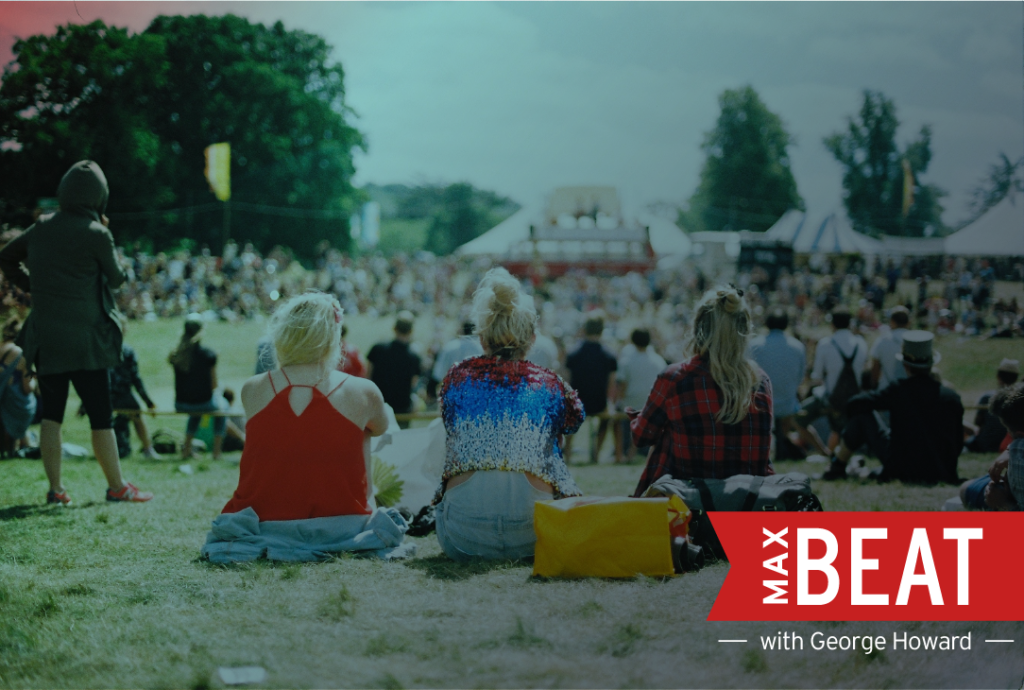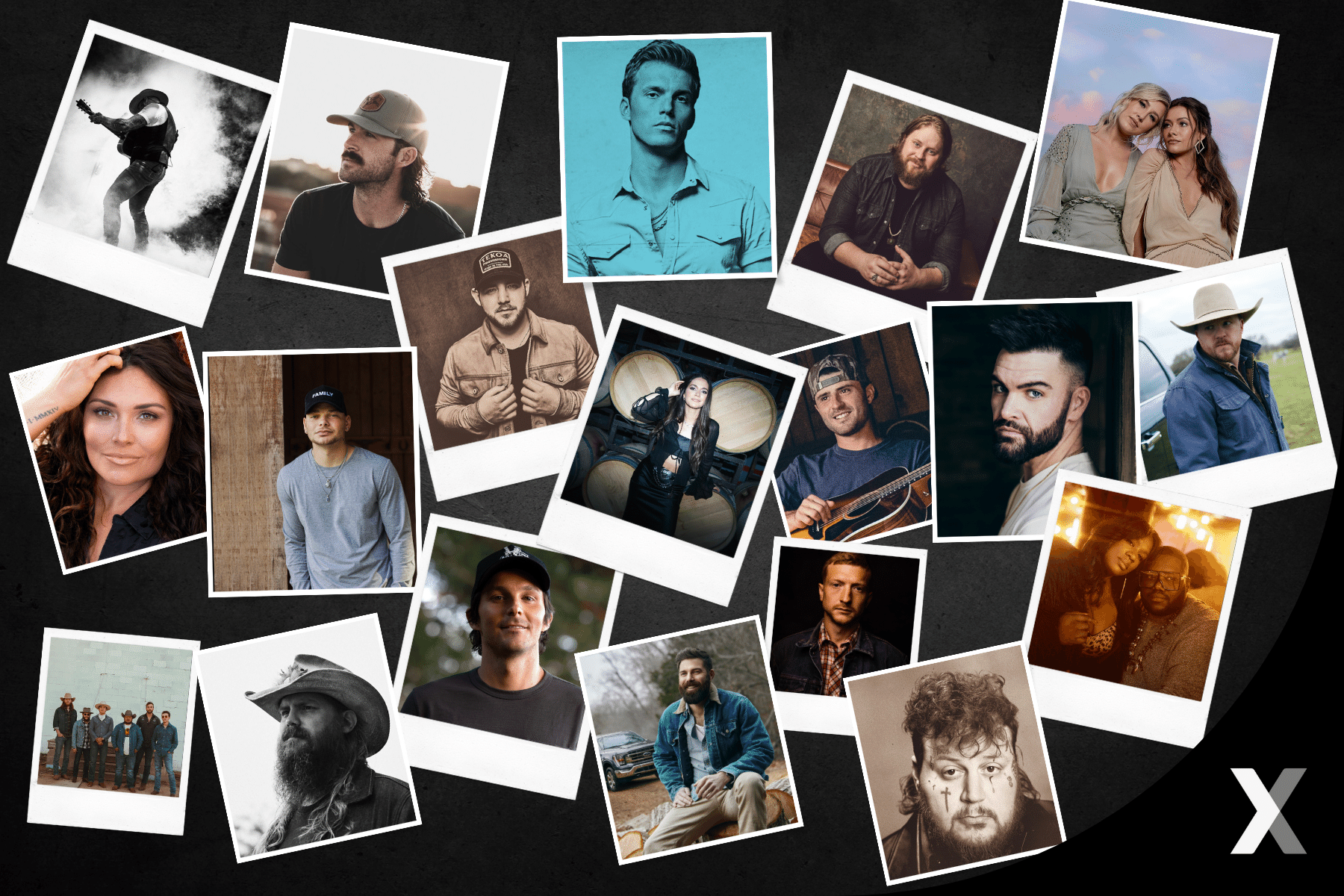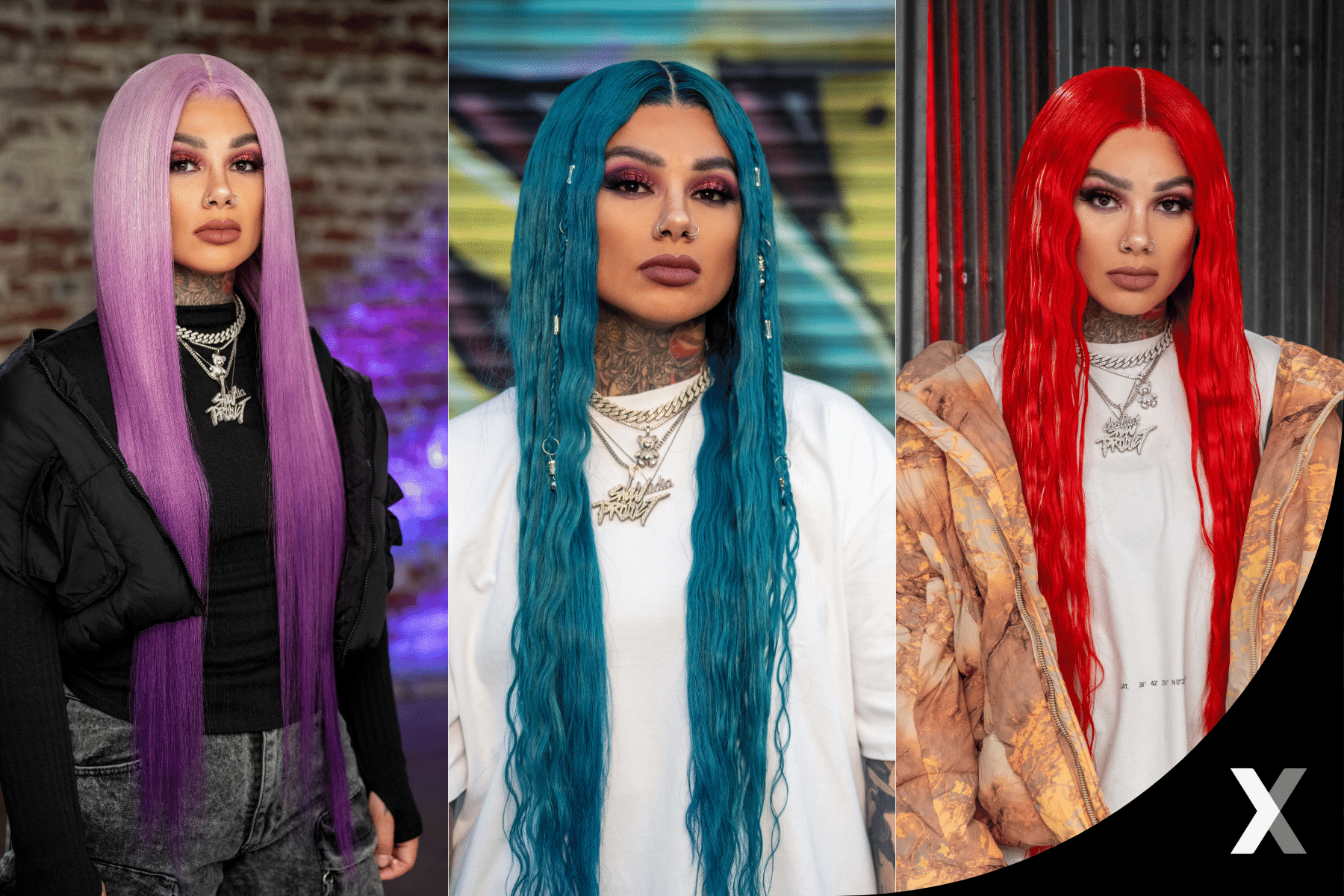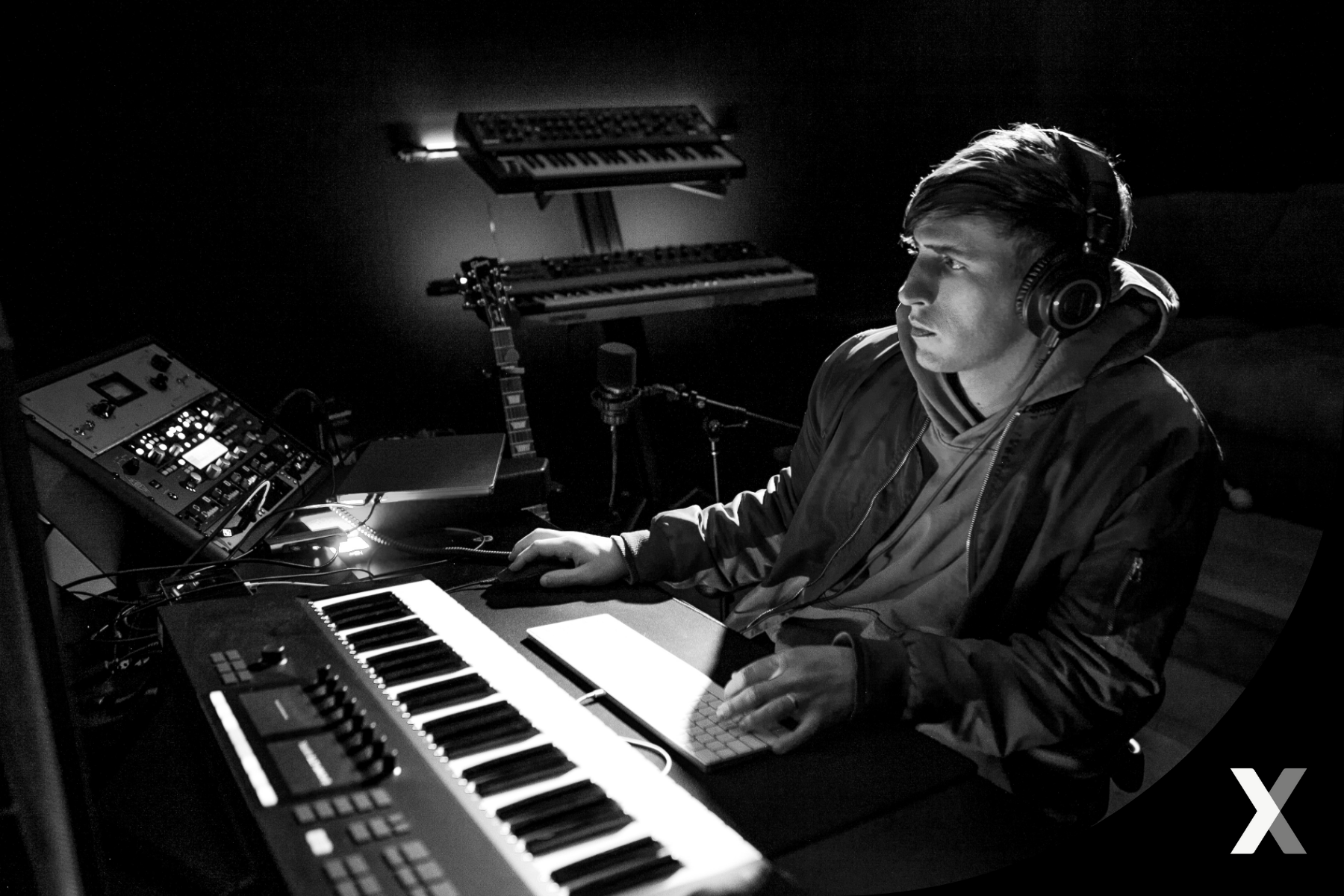2024 Academy of Country Music Awards
The 2024 Academy of Country Music Awards nominees are out - congrats to our artist partners for their collective 25 nominations!

George Howard, Co-Founder and Head of Music at MAX, is an associate professor of music business and management at Berklee College of Music, a top music business school in the US, and Brown University. The former President of Rykodisc and one of the original founders of TuneCore, Howard holds an MBA and a JD.
Here, Howard continues on his introduction to publishing and mechanical licenses with an overview of public performance.
Public Performance is one of the rights immediately granted to the author of an original work once that author “fixes” the idea of the work into a tangible form (written down as sheet music or recorded, for example).
Artists, managers, and songwriters who want to create sustainable careers with music must understand how Public Performance works. Like the other rights associated with songwriting, this exclusive right allows songwriters and artists to optimize the value of their music.
Many people hear the phrase “public performance” and understandably assume that it relates to music being played live in public. Essentially, they think of someone standing on a stage and singing a song.
While this is accurate, the right of Public Performance extends even further and has become more relevant in the streaming era than ever before.
In short, the right of Public Performance stipulates that the person who wrote the song has the exclusive right to not only perform that song in public, but to control the public performances of their songs via other people (covers) or via broadcast.
If a song is played in a public space via radio, TV, or Internet, it’s considered a public performance. This often occurs at restaurants, bookstores, venues, and various other public places.
Essentially, if you write a song, only you can perform it in public, and if a public venue wants to “publicly perform” your works -- either via some other artist covering your work, or via a broadcast, stream, CD, or something else -- the venue must secure a license from you.
A related and crucial point to understand is that the United States does not honor “Neighboring Rights.” This US-centric anomaly has caused quite a few problems in the music industry. I will address this and other US anomalies -- such as a lack of Moral Rights -- in future pieces.
Historically, in a pre-structured data era, it was impossible for parties who desired to publicly perform an artist’s work to secure licenses directly with each artist. For instance, a radio station that might play thousands of artists a year would be hard-pressed to negotiate and account directly on an artist-by-artist basis.
To address these inefficiencies and to protect writer’s interests, organizations emerged to issue licenses to venues and broadcasters on the behalf of artists. The initial two PROs in the United States were ASCAP and BMI. A third, SESAC, emerged some years later. Now there are a handful of other new entrants, but all essentially do the same thing.
These PROs are not publishers as many artists mistakenly believe. Instead, a PRO works on behalf of a songwriter to negotiate rates, issue licenses, and collect fees. They are the agent to the writer’s principal.
Suppose someone decides to open a bar. Of course, the bar will need music, likely a mix of live music, CDs, radio, and streaming.
To do any of these without infringing on the songwriter’s exclusive right of public performance, the bar needs a license. Fortunately, sooner rather than later, the bar will receive a knock on the door from a representative from a ASCAP, BMI, or SESAC.
All PRO representatives will say more or less that any bar that desires to play music from any of the artists in their catalog will need to purchase a so-called “blanket license.” Basically, the bar owner has to pay an upfront fee allowing for public performances of any of the music in that PROs catalog.
Buying a blanket license from the three dominant PROs and the upstarts will sufficiently secure the rights to “publicly perform” the vast majority of commercially released music.
When PROs collect their blanket license fees, they deduct their overhead/operating costs and then distribute the remainder to their affiliated writers based on a set of complicated (and obtuse) “formulas.”
These compensation formulas are structured to distribute the most income to writers whose works are performed the most, and ramp down to those whose works are performed less often.
Essentially, massive artists receive a disproportionately high amount of public performance income, while newer and emerging artists often receive less than they are owed.
This is because PROs still rely on a modeling methodology that approximates payouts. As the world has moved toward structured data and digital transmissions, a more-exact measuring approach will allow payouts to correlate to actual use.
However, unless and until more competition and more understanding of the system (and its flaws) emerges, this inexact, modeling rather than measuring, approach will continue, and writers will have little-to-no recourse.
Currently -- even with a handful of competitors to ASCAP, BMI, and SESAC emerging -- artists have two choices:
As new technological innovations increase the number of new ways music can be publicly performed, it is more important than ever for artists to understand the significance of their right of public performance. This knowledge will lead to newer and better systems for representation and compensation.

The 2024 Academy of Country Music Awards nominees are out - congrats to our artist partners for their collective 25 nominations!

Latin GRAMMY-nominated rapper and singer Snow Tha Product is partnering with göt2be Color Remix to drive engagement and awareness for the bold...

EDM artist ILLENIUM is partnering with the California Department of Public Health to talk about the dangers of Fentanyl, his own substance use...